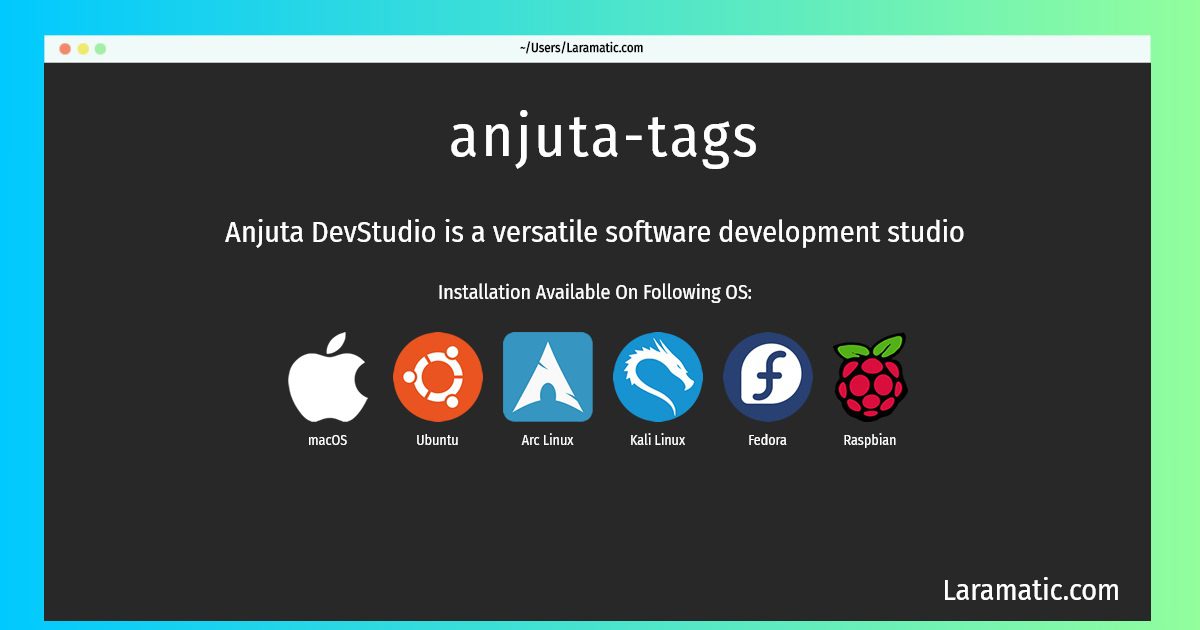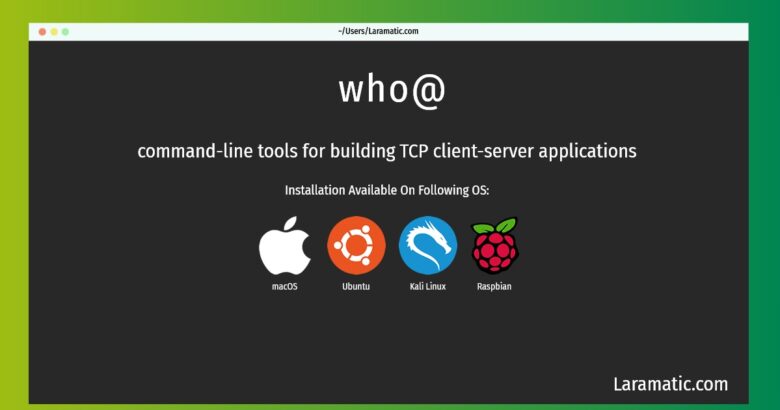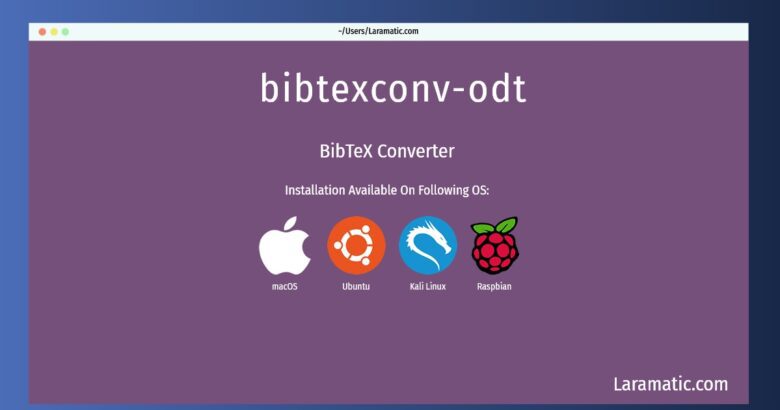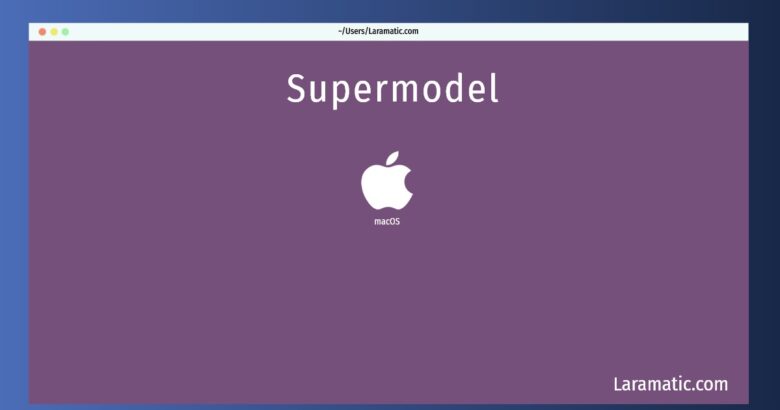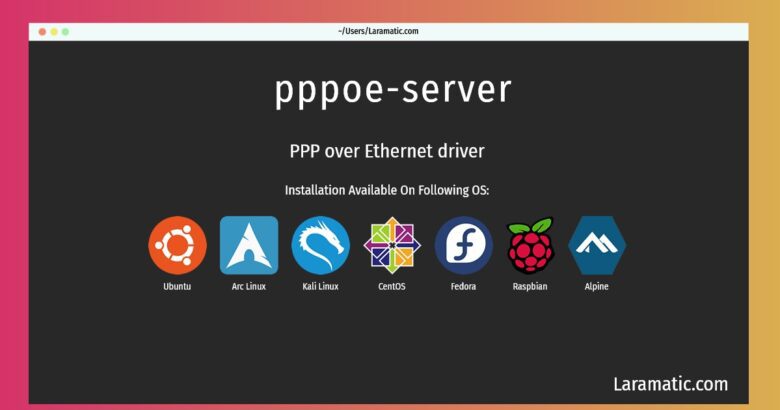How To Install Anjuta-tags On Debian, Ubuntu, Arch, Kali, Fedora, Raspbian And MacOS?
Maintainer: Debian GNOME Maintainers
Email: [email protected] .
Website: http://www.anjuta.org/
Section: gnome
Install anjuta-tags
-
Debian
apt-get install anjutaClick to copy -
Ubuntu
apt-get install anjutaClick to copy -
Arch Linux
pacman -S anjutaClick to copy -
Kali Linux
apt-get install anjutaClick to copy -
Fedora
dnf install anjuta-1Click to copy -
Raspbian
apt-get install anjutaClick to copy -
macOS
brew install anjutaClick to copy
anjuta
Anjuta DevStudio is a versatile software development studiofeaturing a number of advanced programming facilities including project management, application wizard, interactive debugger, source editor, version control, GUI designer, profiler and many more tools. It focuses on providing simple and usable user interface, yet powerful for efficient development.
anjuta-1
(including C/C++, Python, Vala and JavaScript)anjuta-dbg
GNOME development IDE, for C/C++ - debug filesThis IDE for C/C++ and GNOME/Gtk+ applications has features that enable easy debugging, management of code and GUI design by providing a simple and usable user interface. It also integrates with version control systems like CVS, Git or Subversion. This package provides the debug files for Anjuta.
Install the latest version of anjuta-tags in Debian, Ubuntu, Arch, Kali, Fedora, Raspbian and macOS from terminal. To install the anjuta-tags just copy the above command for your OS and run into terminal. After you run the command it will grab the latest version of anjuta-tags from the respository and install it in your computer/server.

